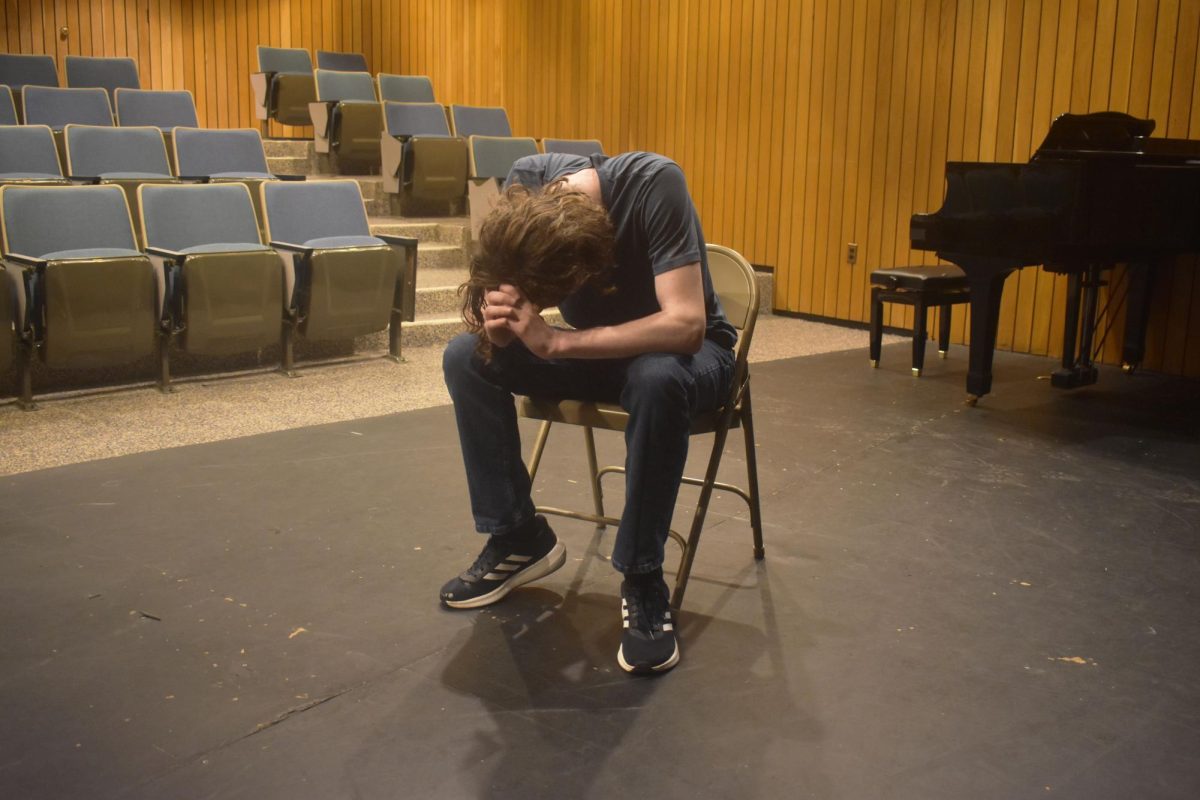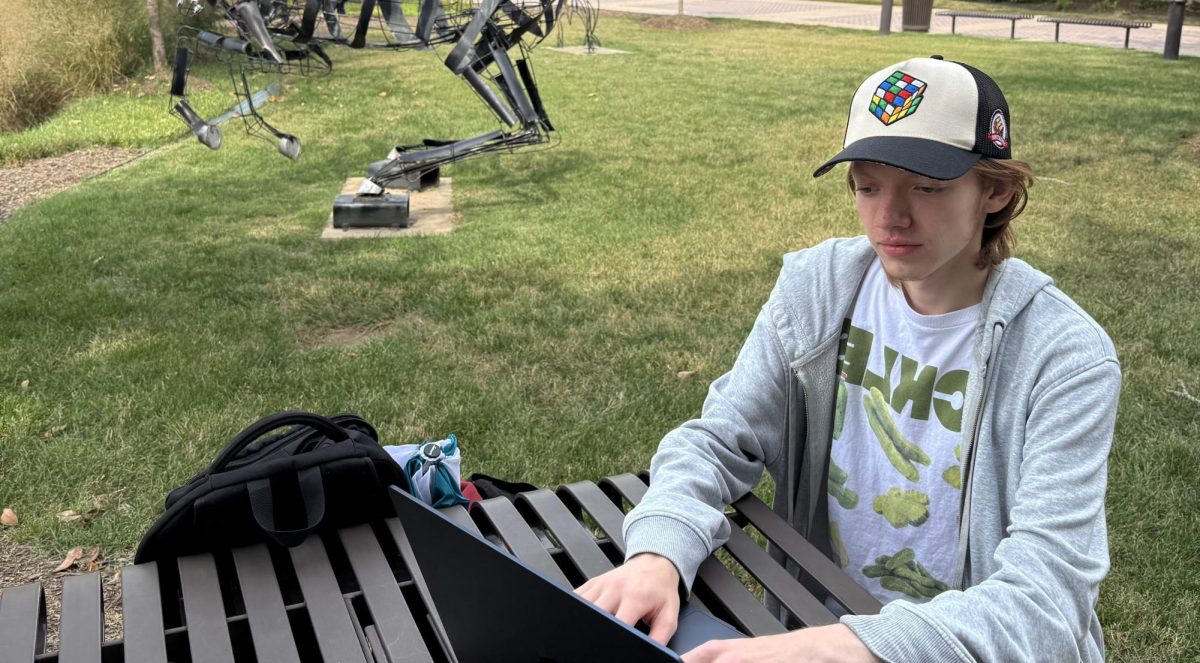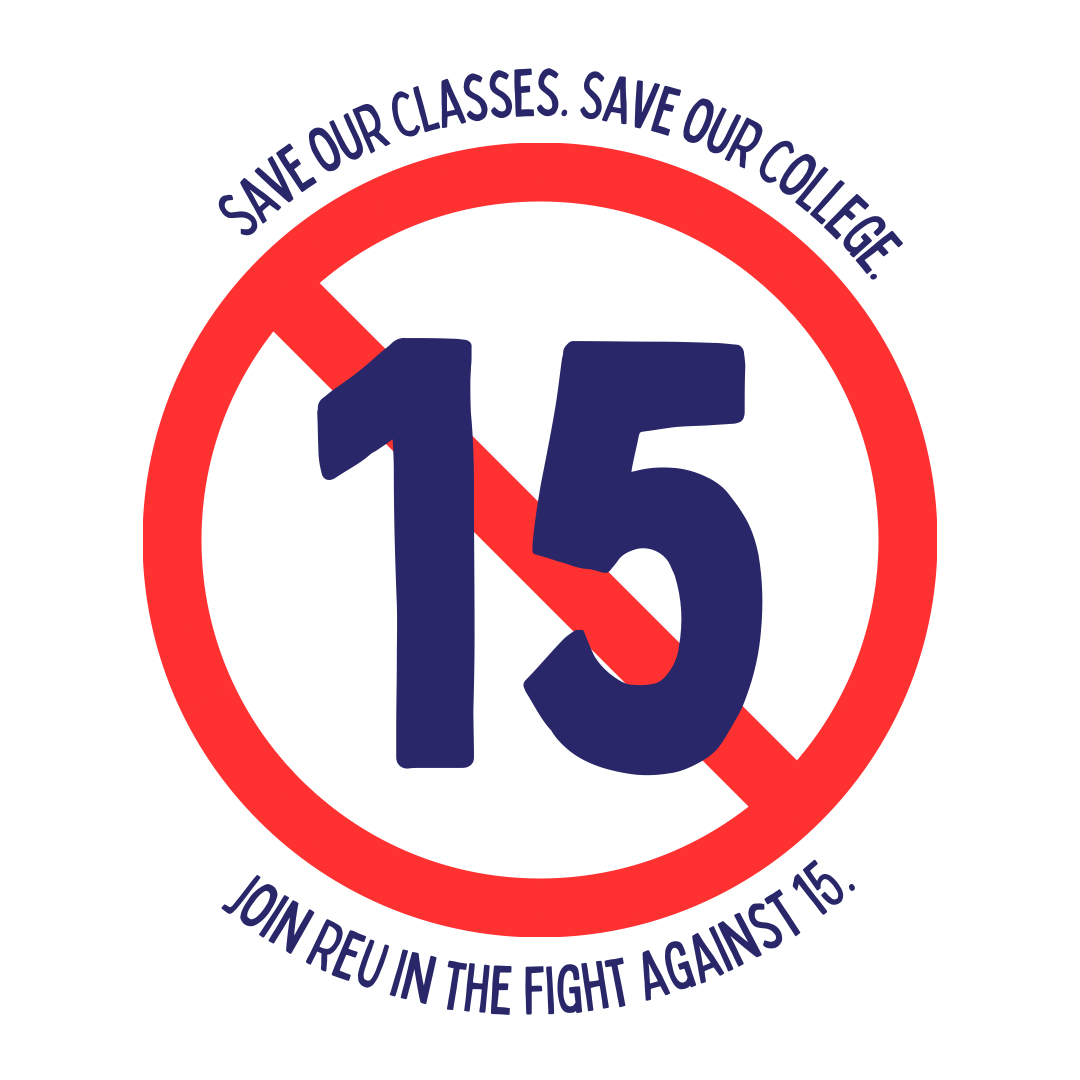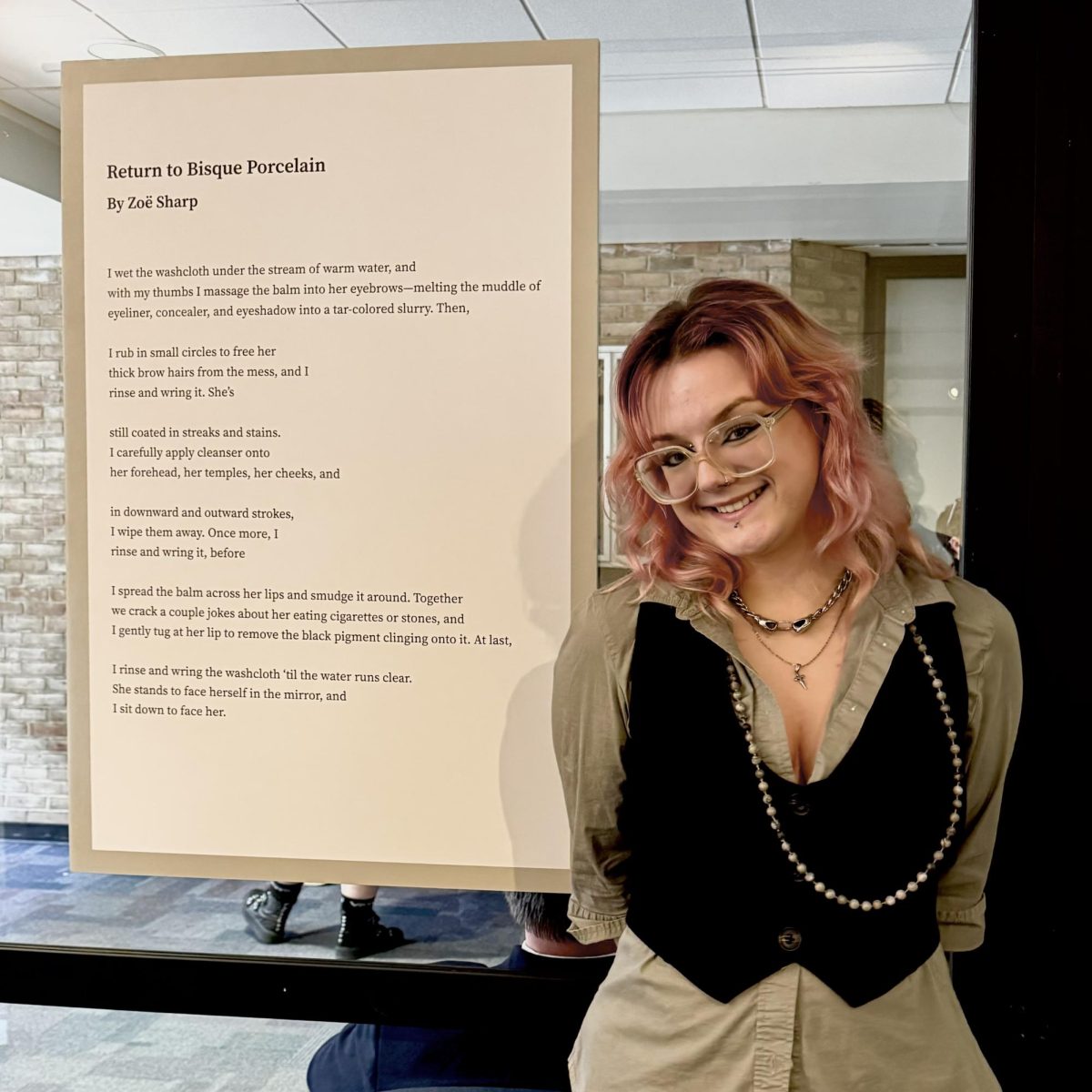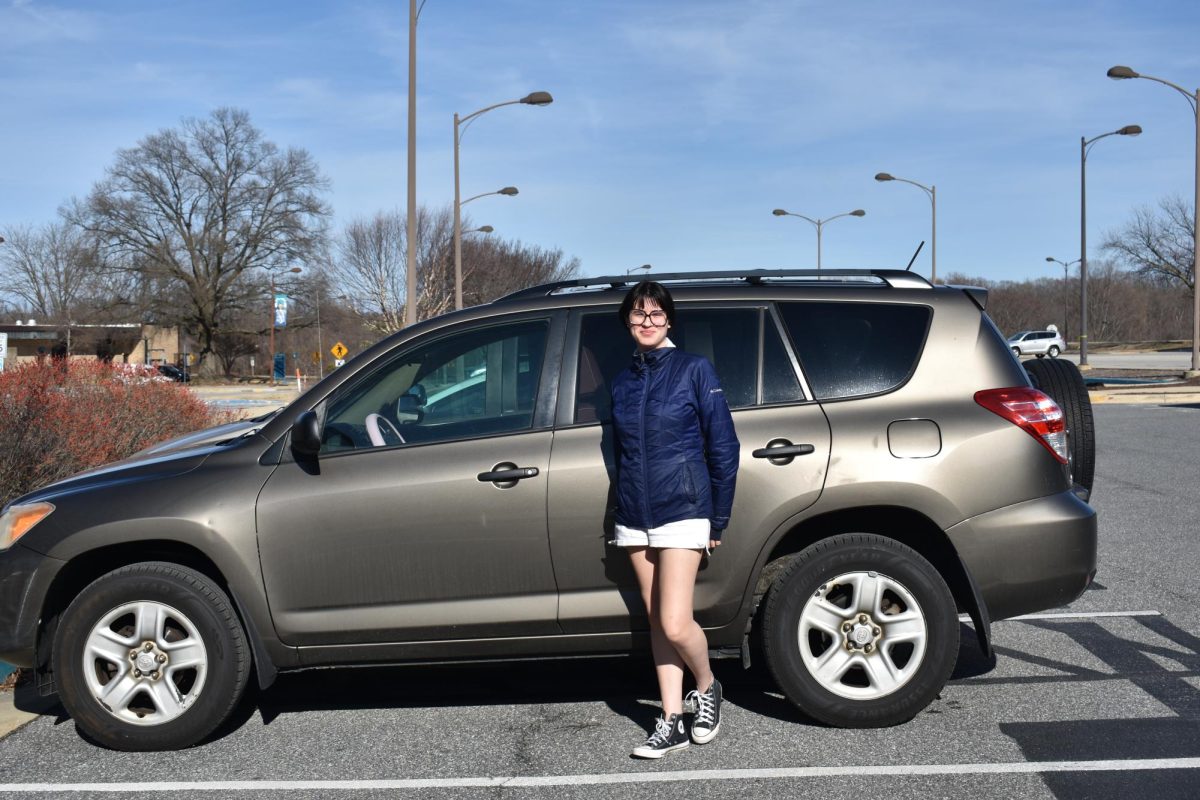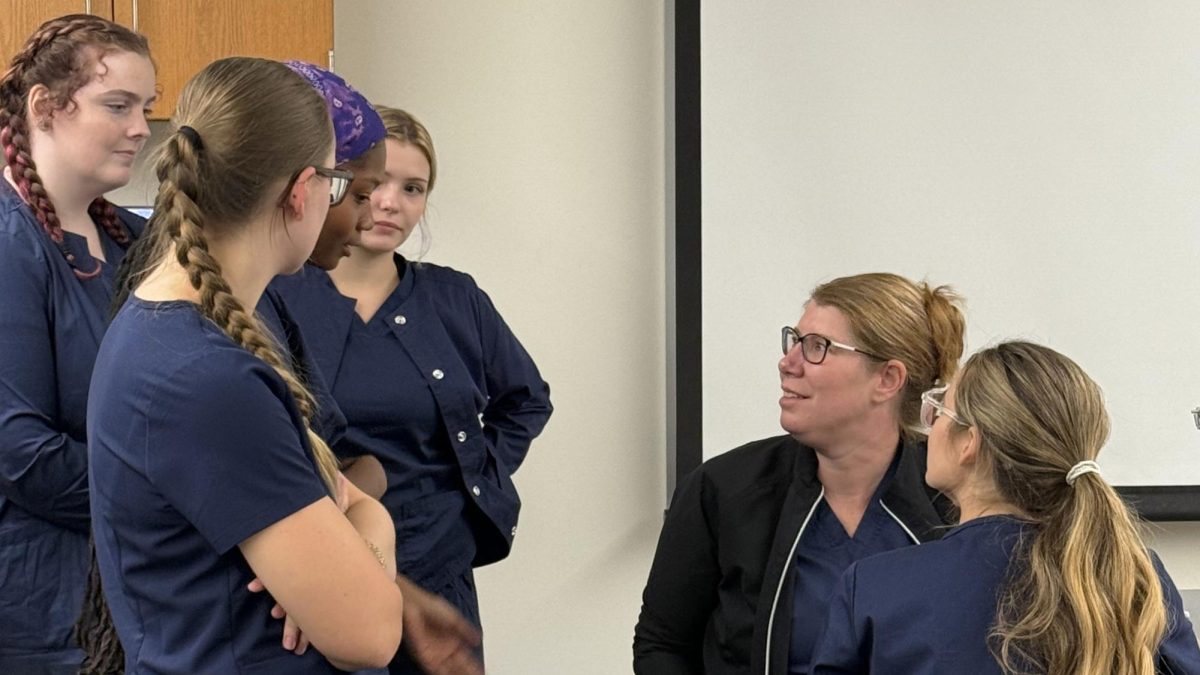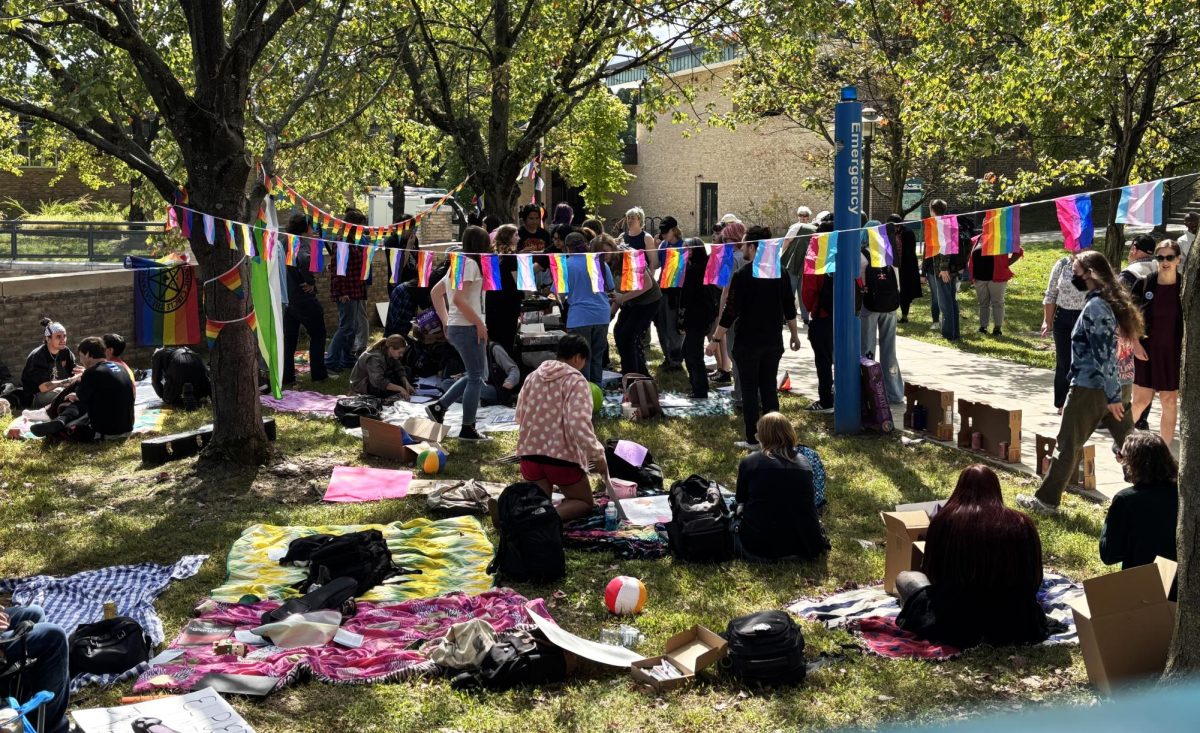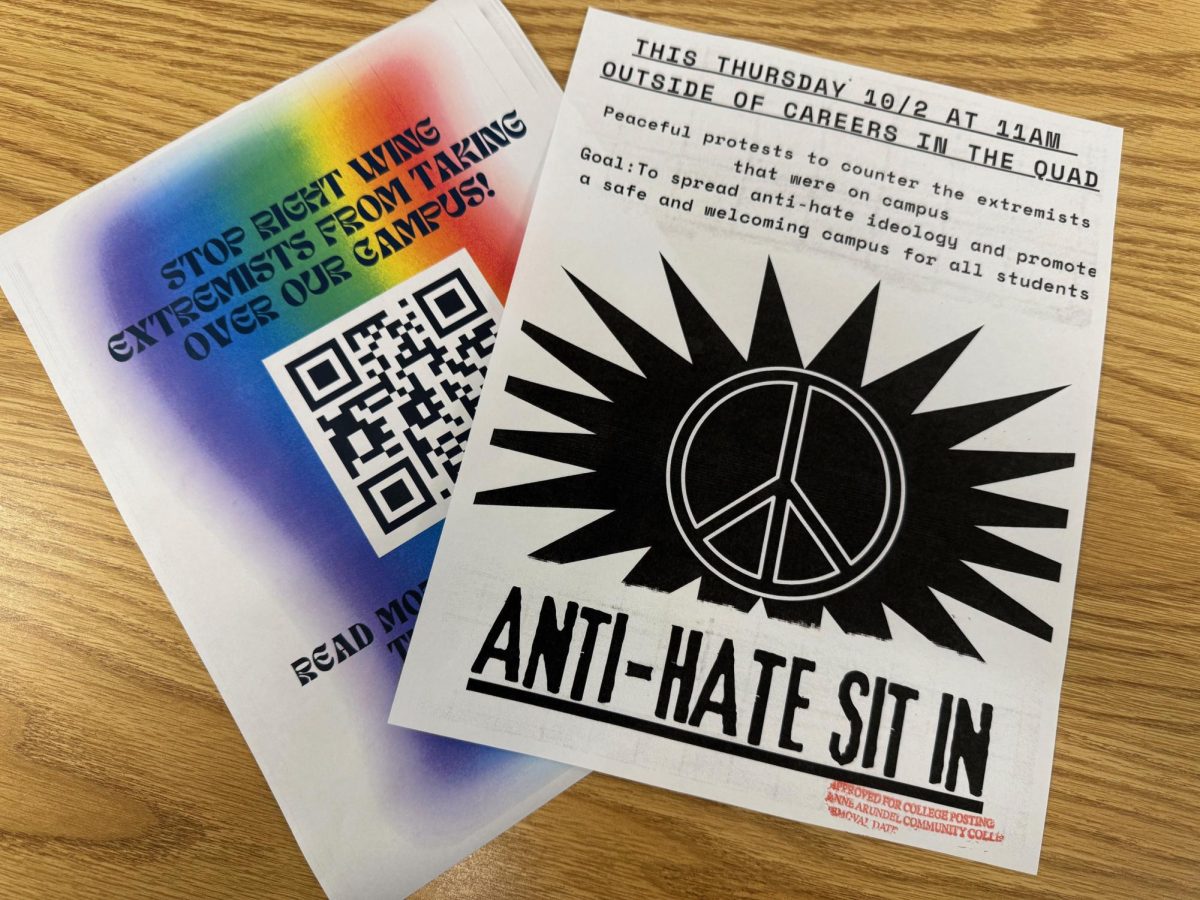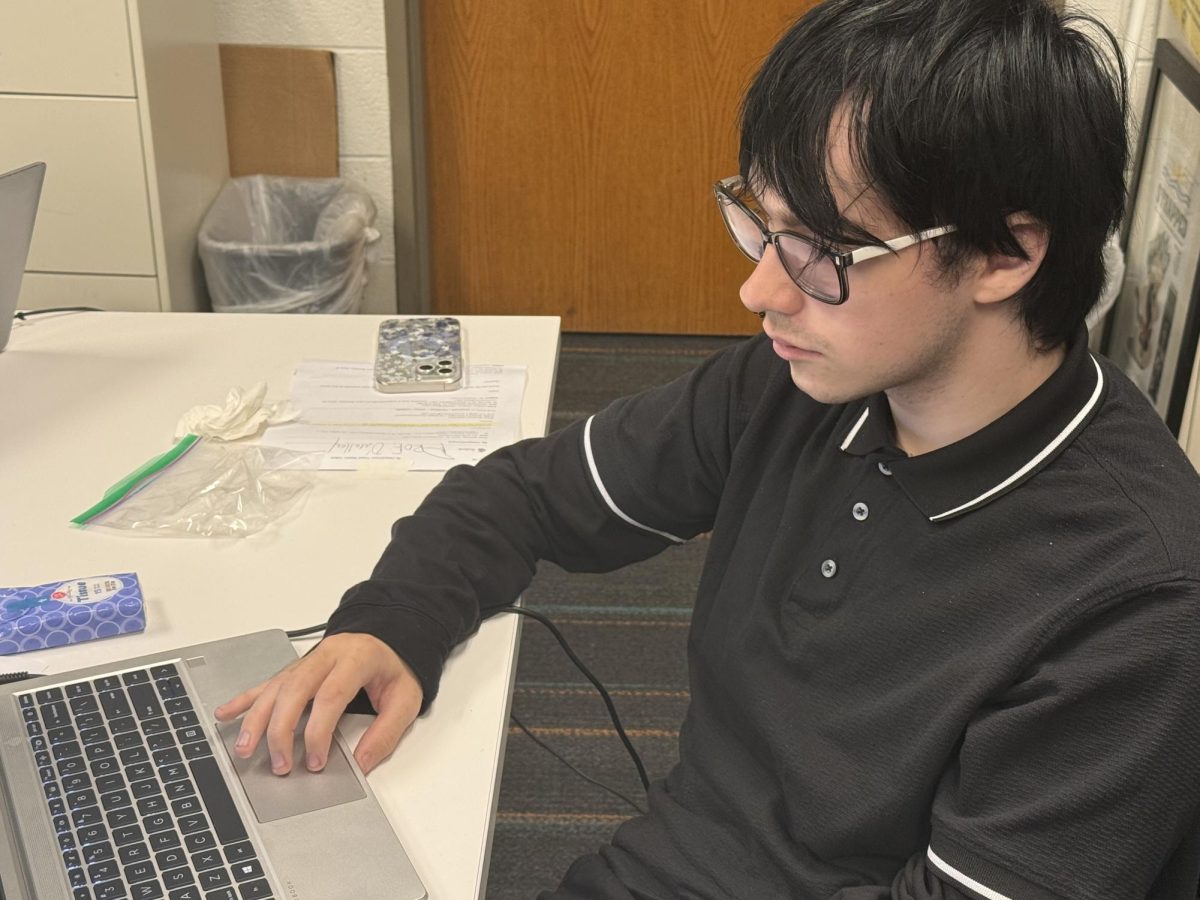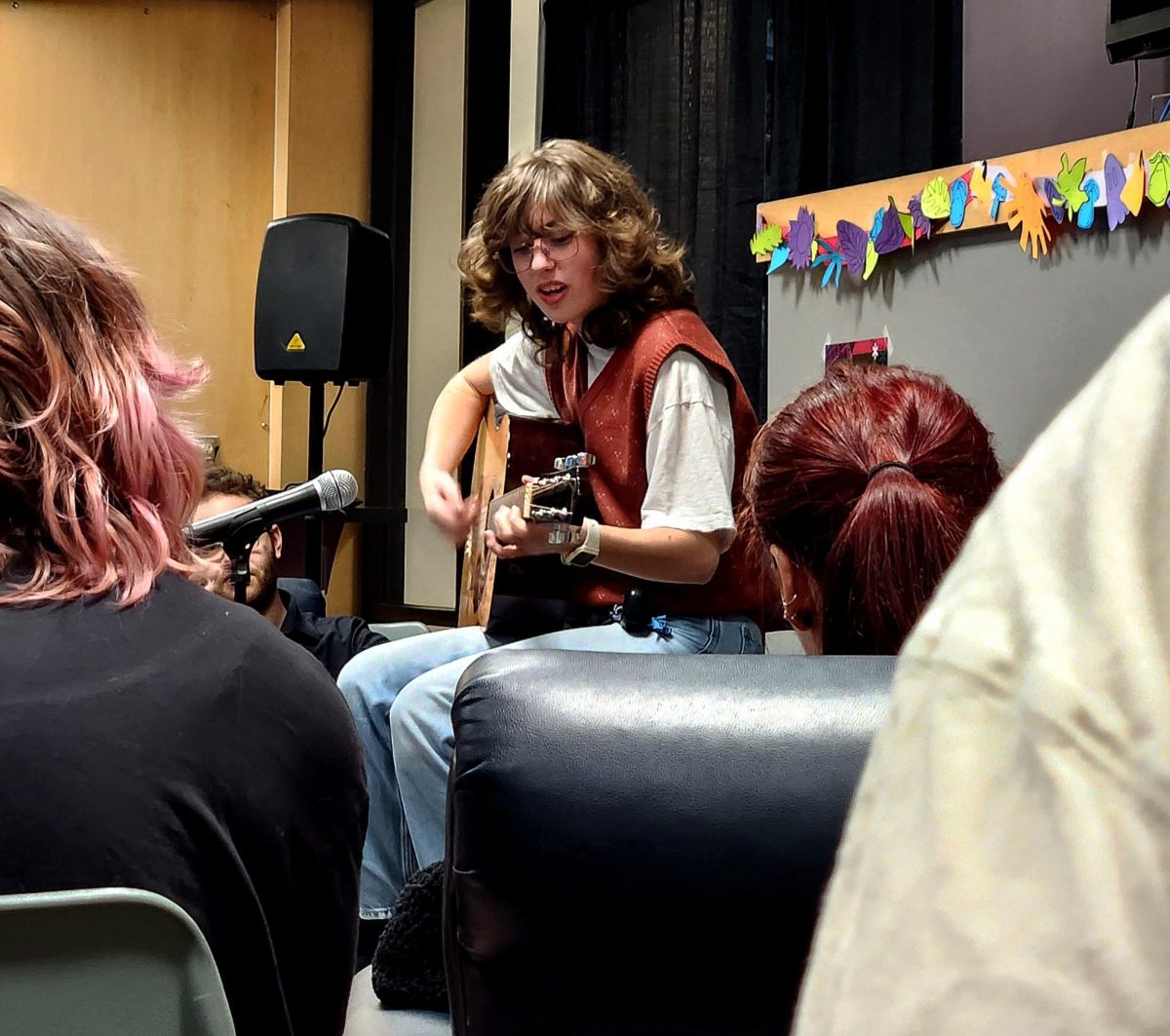School can cause some anxiety-inducing moments. And with the start of the fall season, the changing weather can make students more sad than happy.
There is a name for this: seasonal affective disorder, also known as SAD.
It’s a sort of depression that sets in for some people every fall as it starts getting dark outside earlier in the evening.
That gradual loss of sunlight can make us, well, sad.
However, we can fight it off. And we should.
For example, we can get outside more while the sun is still out. We can exercise more, which is proven to boost the endorphins that make us feel good. We can make a point of socializing and spending more time having fun and lively conversations with others—so we’re not alone wallowing in the blues.
We can resolve these issues on campus or at home. For example, AACC offers a fitness and weight room for all students enrolled in credit courses. We can socialize with others on campus through club meetings and classes.
Feeling depressed doesn’t put you in the best mood to study, participate in class or do homework. In fact, it can contribute a lot to procrastination—when you put everything off until tomorrow—and then when tomorrow comes, you have more to do than is humanly possible to finish.
Then you feel even worse.
For some students, SAD can feel like a case of the blues or even fatigue. Others, though, wind up spiraling into a deeper depression that can prevent them from keeping up with school, friends, hobbies and their regular routines.
Luckily, not everyone gets it. For those who do, it usually starts at around age 18. About 5% of adults suffer from SAD, while up to 20% experience the milder winter blues, according to the Cleveland Clinic.
However, those who suffer from depression, anxiety or other mental health issues are more likely to get it than other students.
Symptoms include: a feeling of despair or worthlessness, a change in your sleeping schedule, difficulty concentrating, anxiety, cravings for carbs and junk food, agitation, negative thoughts, and an overall feeling of heaviness, like in the arms and legs.
If you’re at risk or if SAD already has a grip on you, try spending more time outdoors to experience more sunlight. Study near a window during the day. Ask your professor to consider holding class outside.
You also can eat a balanced diet, drink lots of water, avoid spending too much time alone and get plenty of sleep. And, of course, talk to your doctor if those simple steps don’t help you feel better. AACC offers counseling on campus from trained therapists, whom you can talk to about anything you want, and all discussions are confidential.
Our years in college should be among the happiest times of our lives. Let’s not spend them—or even a few months out of the year—being sad—or SAD. Let’s be proactive about being productive and happy, even when the sun sets way too early.
Students can fight sadness
Students can fight off seasonal affective disorder. Shown, first-year visual arts student Caleb Bickford.
October 2, 2024
0
More to Discover



